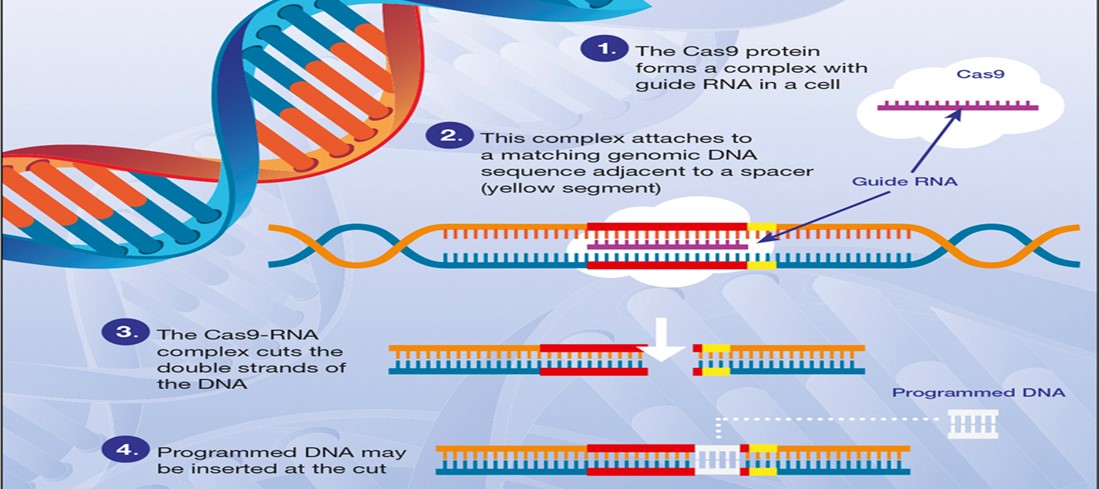NAVIGATING GENOME EDITING IN THE ERA OF ARTIFICIAL INTELLIGENCE-ISLAMIC BIOETHICAL CONSIDERATIONS IN CRISPR
Keywords:
Genome Editing, AI, Islam, Bioethics, CRISPRAbstract
The development of artificial intelligence (AI) and genome editing techniques like CRISPR has entirely shifted the medical field, offering unparalleled progress in manipulating genes, evaluations, and personalised therapy. Such as a Chinese Scientist “He Jiankui” altered the genes CCR5 in an experiment through the CRISPR technique that shocked the world. He was sentenced to 3 years for “Illegal Medical Practice”. The International Bioethics Committee (IBC) under UNESCO wrote a report in 2021 about protecting future generations elaborating article 16 of the Universal Declaration on Bioethics and Human Rights, 2005. Still, the moral ramifications of genome editing require meticulous examination, especially in speckled societal and religious settings. This research examines the incorporation of gene editing and AI technologies in healthcare from the perspective of Islamic bioethics. such as inviolability, human honour, and the concept of fairness. This paper delineates the anticipated advantages of gene editing in tackling inherited diseases and raising the precision of diagnoses. It also explores the moral quandaries which encompass issues such as manipulating genes and data confidentiality. Islamic bioethics draws its origins from the Quran, Hadith, and the Shariah laws. It provides valuable perspectives highlighting the significance of ethical accountability, intellectual agreement, and the goal of collective welfare. By conducting a thorough examination of current bioethical research and analysing instances from nations, it emphasizes the potential of Islamic moral structures to guide the appropriate utilization of gene editing and AI in the field of medicine. Moreover, it explores the influence of religious intellectuals in modifying laws and promoting a diverse discourse that connects technological advances with spiritual values. This research suggests a series of scruples for incorporating gene-editing and AI into health care, based on Islamic ethics.
Downloads

Downloads
Published
Issue
Section
License
Copyright (c) 2024 Tehreem Fatima, Aqsa Tasgheer, Javaria Anees (Author)

This work is licensed under a Creative Commons Attribution 4.0 International License.


